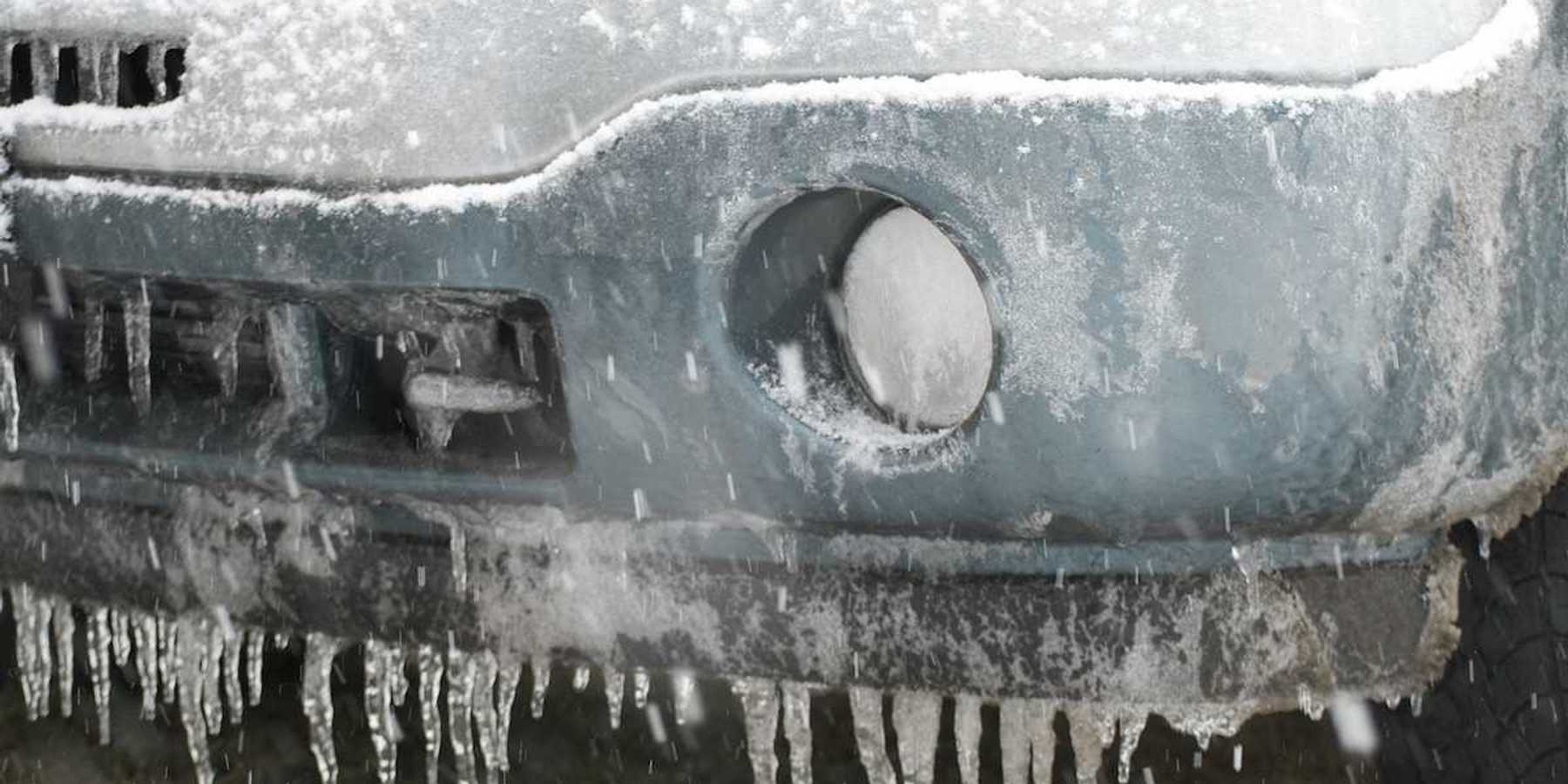
Hot temperatures may be bad for brains, even young and healthy ones: Study
"It's really shocking that we found such a significant effect on a population that is usually considered immune to these heat exposures"
A new study out of Harvard's T.H. Chan School of Public Health found that high temperatures are linked to cognitive impairments, even in resilient populations.
Researchers at the university followed 44 college students who were living in dorms at a college in the greater Massachusetts area. Half of the students had air conditioning in the dorms, and half did not. Those with air conditioning performed better on cognitive tests, according to the study published today in PLOS Medicine.
"This is the first field study that found how heat waves impact the way young and healthy individuals are able to think," lead author Jose Guillermo Cedeño Laurent told Environmental Health News.
Students were followed via wearable monitors and surveyed from July 9-20, 2016, during five days that were considered a heat wave. Students were tested on their cognitive speed and working memory through two tests; one consisted of addition and subtraction, while the other made them identify the color of a word displayed on the screen.
The students who lived in the non-air conditioned dorms performed between 4.1 percent to 13.4 percent worse compared to the group of students in air conditioned dorms and their own scores prior to the heatwave.
These types of cognitive effects are usually found in vulnerable populations, like young children or the elderly. But the Harvard study showed that high temperatures can affect even those considered resilient to heat.
"It's really shocking that we found such a significant effect on a population that is usually considered immune to these heat exposures," Cedeño Laurent said.
The study raises new questions about adapting to warming climates, he said. Many older buildings in Massachusetts are built to handle harsher winter months, which means they can trap heat. It works in the winter, but it makes buildings that much hotter when a heat wave comes through the area, he said.
One of the implications of the study is figuring out how to cool buildings, without overdoing it, which can also cause cognitive impairments.
People spend approximately 90 percent of their time indoors, Cedeño Laurent added, meaning that buildings need to be adapted to account for higher temperatures from the changing climate. "These are the places where we live, where we learn, where we love, where we sleep," he said.
But it's not as simple as putting air conditioning units in every building, he said, because those units can leak chemicals—such as hydrofluorocarbons (HFCs)— that add to climate change.
Instead, Cedeño Laurent suggests using a district cooling system, which is a centralized, more efficient way to cool buildings. Instead of installing air conditioning in each building, the district cooling system works similar to electricity, where there would a giant air conditioning unit that would be able cool several buildings.
This is something universities can do to bring air conditioning into buildings that don't currently have it. It's going to be implemented on one of Harvard's campuses, Cedeño Laurent said.













